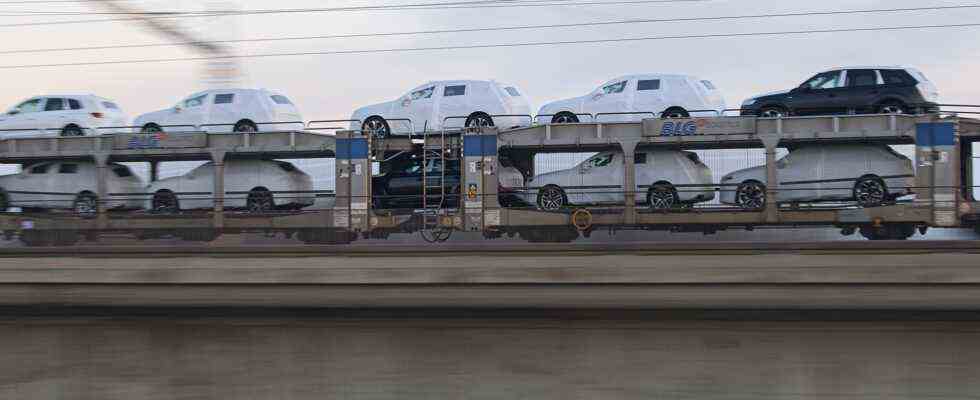Status: 10/31/2021 6:42 p.m.
The Commission likes to put the EU at the forefront when it comes to reducing greenhouse gases. Latecomers are others. But the Brussels climate laws are meeting with resistance – especially in Eastern Europe.
Otherwise Ursula von der Leyen is not one of the pessimists in Brussels. But before she went to Glasgow for the UN climate conference, the head of the commission painted a bleak picture. The starting position is not good, she feared. Von der Leyen spoke of a moment of truth that now awaits everyone: “We have to act now.” Science says very clearly that the world community is not on schedule. “Global warming is coming faster than expected. We have to get better and more ambitious.”
From Brussels’ point of view, however, it is not the Europeans who lag behind, but China and the USA. The European Union has done its homework, and hardly anyone in the Commission doubts it: “If you look at the global situation, Europe is the front runner.”
In fact, the Brussels Commission can present a success: It has not only formulated goals for climate protection, but also a large legislative package for implementation in order to reduce greenhouse gases by 55 percent by 2030. The Brussels climate law is a roadmap for all member states, with very specific guidelines, the first in the world, said von der Leyen.
Hungary reacted indignantly
By 2035 at the latest, only cars that drive emission-free will be allowed to be registered. Renewable energies are to be massively expanded so that houses and apartments can be heated in a climate-friendly manner. And emissions trading is intended to ensure that burning coal, oil and gas becomes so financially unattractive that industry converts. Billions in funding programs are planned for this alone.
The European Union is way ahead in planning. But there are brakes – especially in Eastern Europe. And negotiations with the member states on implementation will only begin – probably next year. Poland, the Czech Republic and Hungary flatly reject parts of the climate package.
The Hungarian Prime Minister Victor Orbán aggressively attacked the Brussels Climate Commissioner Frans Timmermans at the last summit: “What Timmermans is proposing kills the middle class in Europe,” said Orbán. Higher environmental regulations and skyrocketing prices would lead to a decline, not only in the east of Europe but also in the west.
Worries about competitive disadvantages
Are there fundamental concerns or the attempt to get more funding for the implementation of the climate goals? This will only become apparent in the negotiations. The rising gas and electricity prices are fueling the criticism’s protest. Many are worried that they will be at a competitive disadvantage if production in Europe is more climate-friendly but also more expensive in the future. That is why Commissioner von der Leyen wants to hold the other large industrial nations accountable in Glasgow and set specific goals.
Front runner with handicap: The EU in the global fight against the climate crisis
Helga Schmidt, WDR, October 29, 2021 5:19 p.m.

